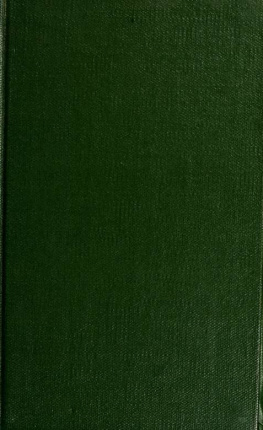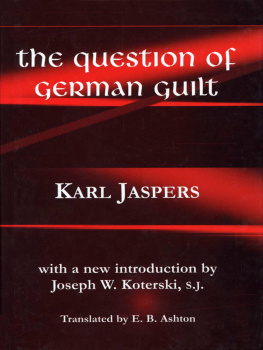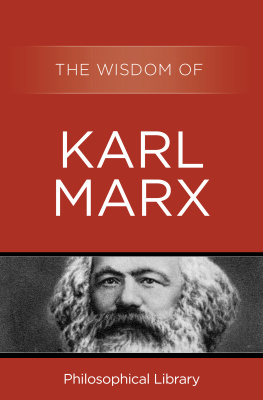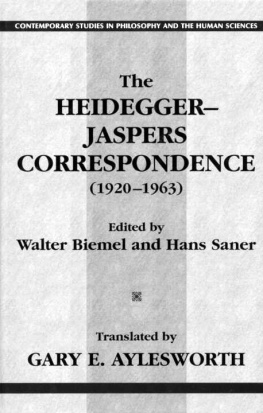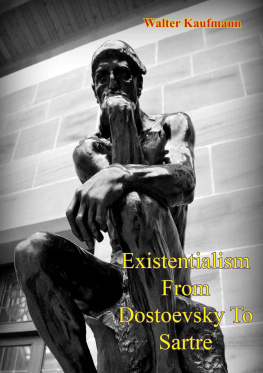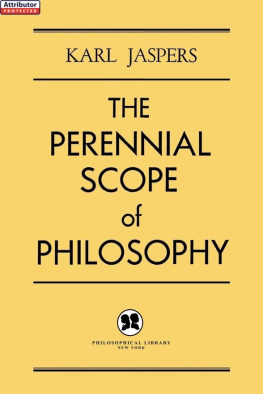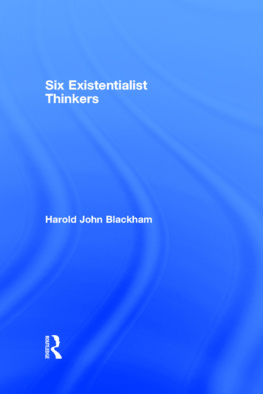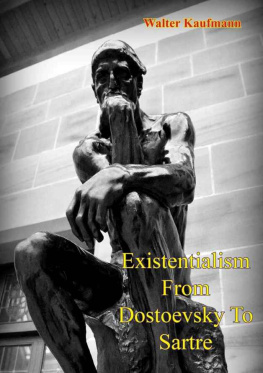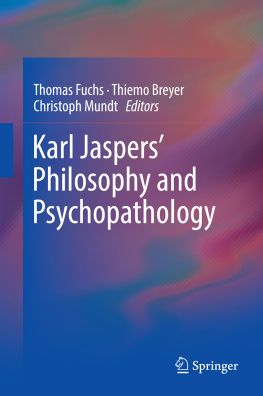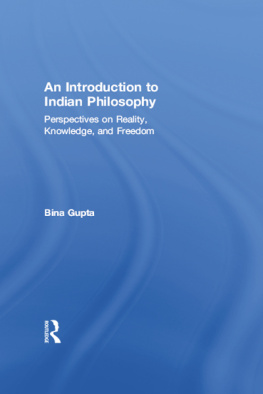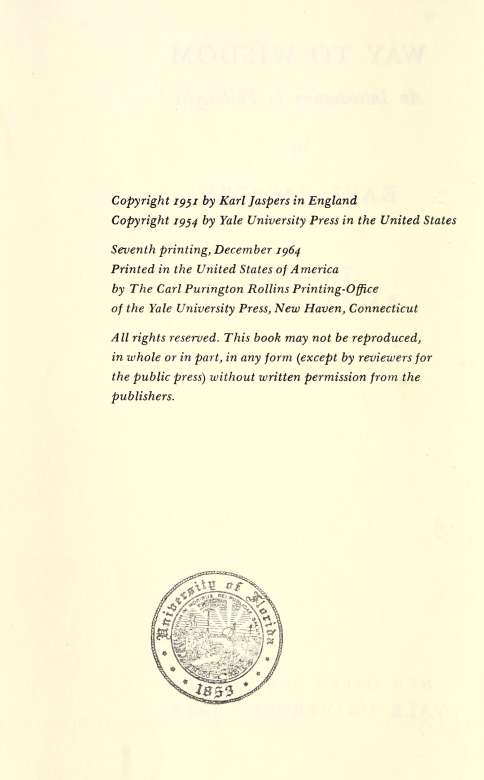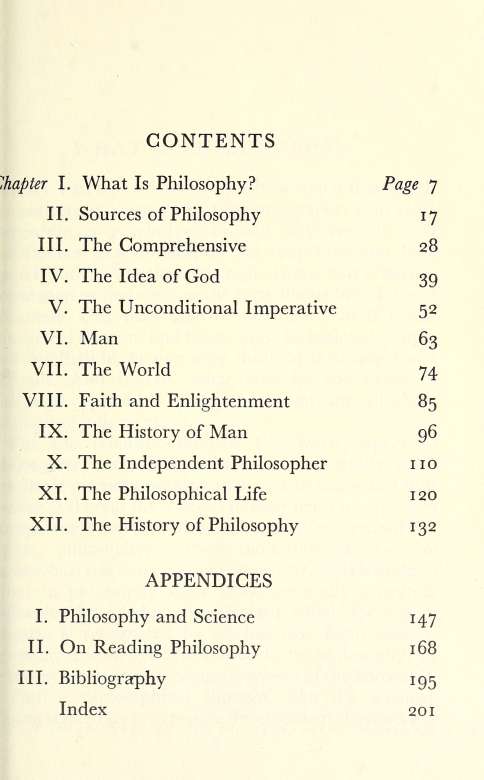This book made available by the Internet Archive.
I WHAT IS PHILOSOPHY?
/Vhat philosophy is and how much it is worth .re matters of controversy. One may expect it to yield xtraordinary revelations or one may view it with ndifference as a thinking in the void. One may look ipon it with awe as the meaningful endeavour of excep-ional men or despise it as the superfluous broodings of Jreamers. One may take the attitude that it is the ;oncern of all men, and hence must be basically simple tnd intelligible, or one may think of it as hopelessly lifficult. And indeed, what goes by the name of philosophy provides examples to warrant all these :onflicting judgments.
I For the scientific-mnnded, the worst aspect of philosophy is that it produces no universally valid ^esults; it provides nothing that we can know and thus possess. Whereas the sciences in their fields have gained ;ompellingly certain and universally recognized in->ights, philosophy, despite thousands of years of endeavour, has done nothing of the sort. This is undeniable: in philosophy there is no generally accepted, definitive knowledge. Any insight which for cogent t-easons is recognized by all has ipso facto become scientific knowledge and ceased to be philosophy; its relevance is limited to a special sphere of the knowable. Nor is philosophical thought, like the sciences, characterized by progressive development. Beyond any
WAY TO WISDOM
doubt, we are far more advanced than Hippocratej< the Greek physician. But we are scarcely entitled ti say that we have progressed beyond Plato. We hav only advanced beyond his materials, beyond th.| scientific findings of which he made use. In philosopbj itself we have scarcely regained his level.
It lies in the very nature of philosophy, as dis tinguished from the sciences, that in any of its forms i must dispense with the unanimous recognition of alii The certainty to which it aspires is not of the objective; scientific sort, which is the same for every mind; it is an inner certainty in which a man's whole being participates. Whereas science always pertains to particular^ objects, the knowledge of which is by no means indis-^ pensable to all men, philosophy deals with the wholei| of being, which concerns man as man, with a truth which, wherever it is manifested, moves us more deeply than any scientific knowledge.
Systematic philosophy is indeed bound up with the sciences. It always reckons with the most advanced scientific findings of its time. But essentially philosophy springs from a different source. It emerges before any science, wherever men achieve awareness.
The existence of such a philosophy without science is revealed in several striking ways:
First: In philosophical matters almost everyone believes himself capable of judgment. Whereas it is recognized that in the sciences study, training, method are indispensable to understanding, in philosophy men generally assume that they are competent to form an opinion without preliminary study. Our own
WHAT IS PHILOSOPHY?
pmanity, our own destiny, our own experience strike (IS as a sufficient basis for philosophical opinions.
This notion that philosophy must be accessible to all s justified. The circuitous paths travelled by specialists n philosophy have meaning only if they lead man to m awareness of being and of his place in it.
Second: Philosophical thought must always spring prom free creation. Every man must accomplish it for limself.
! A marvellous indication of man's innate disposition o philosophy is to be found in the questions asked by :hildren. It is not uncommon to hear from the mouths )f children words which penetrate to the very depths )f philosophy. A few examples:
A child cries out in wonderment, "I keep trying to ;hink that I am somebody else, but I'm always myself." This boy has touched on one of the universal sources of :ertainty, awareness of being through awareness of self. He is perplexed at the mystery of his I, this mystery that can be apprehended through nothing slse. Questioningly, he stands before this ultimate reality.
Another boy hears the story of the Creation: In the beginning God made heaven and earth... and immediately asks, "What was before the beginning?" This child has sensed that there is no end to questioning, that there is no stopping place for the mind, that no conclusive answer is possible.
A little girl out walking in the woods with her father listens to his stories about the elves that dance in the clearings at night... "But there are no elves ..." Her father shifts over to realities, describes the motion
WAY TO WISDOM
of the sun, discusses the question of whether it is th< sun or the earth that revolves, and explains the reasoni for supposing that the earth is round and rotates on itij axis... "Oh, that isn't so," says the little girl and stamps her foot. "The earth stands still. I only believe what I see." "Then," says her father, "you don'ii believe in God, you can't see Him either." The littk: girl is puzzled for a moment, but then says with greal| assurance, "If there weren't any God, we wouldn't bel here at all." This child was seized with the wonder o\\ existence: things do not exist through themselves. And| she understood that there is a difference between! questions bearing on particular objects in the world! and those bearing on our existence as a whole. |j
Another little girl is climbing the stairs on her way toS visit her aunt. She begins to reflect on how everything^ changes, flows, passes, as though it had never been! "But there must be something that always stays thef same... I'm climbing these stairs on my way to see* my auntthat's something I'll never forget." Wonder4 ment and terror at the universal transience of things] here seek a forlorn evasion.
Anyone who chose to collect these stories might compile a rich store of children's philosophy. It is sometimes said that the children must have heard all this from their parents or someone else, but such an] objection obviously does not apply to the child's really! serious questions. To argue that these children do not! continue to philosophize and that consequently such! utterances must be accidental is to overlook the fact that children often possess gifts which they lose as they grow up. With the years we seem to enter into a prison'
WHAT IS PHILOSOPHY?
|f conventions and opinions, concealments and un-[uestioned acceptance, and there we lose the candour of hildhood. The child still reacts spontaneously to the pontaneity oflife; the child feels and sees and inquires nto things which soon disappear from his vision. He brgets what for a moment was revealed to him and is urprised when grownups later tell him what he said Ind what questions he asked.

